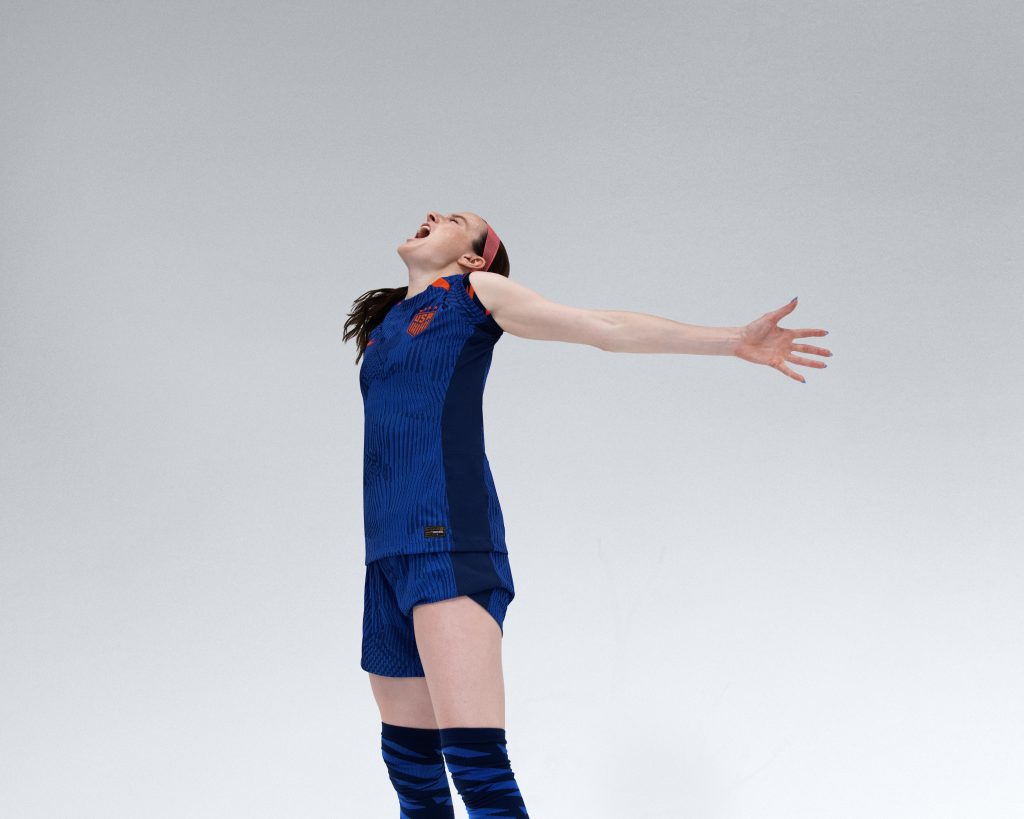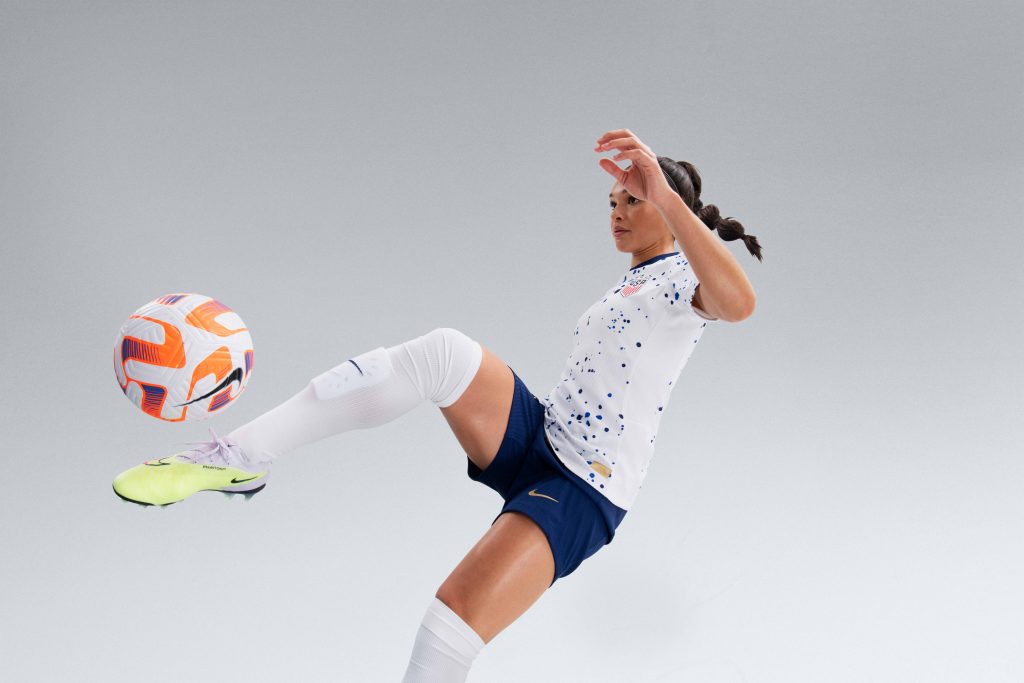Russia National Team
Every four years, national pride and footie artistry reach peak levels in a global dance of no small magnitude, the World Cup is here again. This summer, all eyes will be focused on Russia as the time to crown a champion draws ever near. With the sport’s best and brightest from 32 lucky nations on display, it’s time to take a look at what each squad brings to the table. We will dive deep beyond the usual team sheets, we’ll scratch beyond the player names, and get you ready to be the smartest on the couch/bar stool for Russia 2018.
Russia
Qualifying Record – Qualified as the host
Current FIFA World Ranking (June 2018) – 66th
World Cup 2014 Finish – 1st round exit
Russia 2018 Group A (RUSSIA, Saudi Arabia, Egypt, Uruguay)
Formation – 3-5-2 (offensive)
Strengths – home nation
Weaknesses – Slow in defence, lack of depth and experience
Major Threats – Fedor Smolov, Alan Dzagoev, Mário Fernandes
Russia head to the tournament as the lowest ever ranked FIFA team to host a tournament. After a disastrous 2016 European Championship campaign head coach Stanislav Cherchesov was tasked with preparing the team for the 2018 FIFA World Cup on home soil. But poor results in friendlies have put a severe damper on the overall mood in the camp.
Are you a fan of Sbornaya? Get your authentic and original adidas Russia Jersey from SoccerPro before the cup starts!
Federation Goal for RUSSIA 2018:
When Russia was awarded the tournament in 2010 the goal was to compete for the title. The Sbornaya had just come off a successful 2008 European Championship campaign, and Russian football, in general, had been on the up. The 2008 generation, however, has mostly retired and the players coming up through the system lack the talent to compete on the biggest stage. As a result, the official goal is to keep the Sbornaya at the tournament as long as possible. But anything beyond surviving the group stage would be viewed as a success.
DEFENSE:
Cherchesov prefers to play with three at the back. Russia’s 3-5-2, however, will often look like a 5-3-2 with the two wingers on either side acting as fullbacks. Here Russia have perhaps one of the best players at the tournament in Mário Fernandes. The native of Brazil obtained Russian citizenship last year and was finally eligible to play for the Sbornaya ahead of the tournament. Irony has it that with Brazil losing Dani Alves ahead of the World Cup Mário Fernandes would also have been a good option for the Seleção. In fact, he might be the best Brazilian on that position at the tournament and lucky enough for Russia he will be playing for them.
Hence, while on the right side of the pitch, Russia will have little worries – the story is a bit different on the left where Rubin Kazan’s Fedor Kudryashov is a definite step down from Mário Fernandes and will provide a significant weakness to the side. The same can be said about former Chelsea left-back Yuri Zhirkov, who at 33-years lacks the speed to compete at the highest level.
The situation is even more difficult when it comes to centre-backs, however. With three in the back, the injuries to Spartak’s Georgi Dzhikiya and Viktor Vasin meant that Cherchesov struggled to find enough centre-backs to play his preferred formation. As a result, the 38-year-old CSKA Moscow centre-back Sergei Ignashevich who was not called up to the side originally is now back in reckoning. Retiring at the end of the tournament from professional football Ignashevich will now provide some experience to a backline that will also heavily rely on Spartak’s Ilya Kutepov.
Kutepov is a good defender but at times has concentration issues. The question, however, will be whether Ignashevich’s speed will be sufficient when it comes to stopping world-class attackers Luis Suarez, Edinson Cavani (both Uruguay) and Mohamed Salah (Egypt). The third defender in the backline will be Vladimir Granat, who has plenty of experience when it comes to the 3-5-2 formation. Granat plays his club football under Kurban Berdyev at Rubin and was also a member of the Rostov side that defeated Bayern two years ago at the group stage of the UEFA Champions League. Perhaps with discipline, the backline will weather the storm, but Russia’s defensive zone is the biggest weakness in that side.
MIDFIELD:
The news are much better when it comes to Russia’s midfield, however. With three true midfielders in the 3-5-2/5-3-2 system, Russia have some decent balance when it comes to attacking minded, creative midfielders and holding midfielders. When it comes to attacking minded midfielders, the experienced Aleksandr Samedov (Spartak) will be useful. Samedov can play both on the wing and as a number ten but at the advanced age of 33 he will be limited when it comes to playing 90 minutes every game. Hence, Cherchesov will look to the likes of Aleksei Miranchuk (Lokomotiv) and Denis Cheryshev (Villarreal) when it comes to attacking support. Miranchuk, in particular, had a fantastic season guiding his side to the Russian Football Premier League championship this May. Cheryshev, in the meantime, has for quite some time been considered one of the brightest Russian talents. But he struggled for playing time at his youth club Real Madrid and has only now been a regular this season in La Liga. Cheryshev will also be the only player playing abroad in this squad.
When it comes to holding midfielders everything will depend on CSKA Moscow’s Alan Dzagoev – the boy from Beslan is perhaps the most talented player of his generation and only exuberant salaries in the Russian Football Premier League, and injuries, have stopped Dzagoev from making the necessary move to a top club in the West. Dzagoev will be both the playmaker and the holding midfielder in the 3-5-2 system. Situated at the very heart of Russia’s game look for him to act like a metronome in the side dictating the pace and passes.
Playing slightly behind Dzagoev will be Spartak’s Roman Zobnin. Zobnin was on the verge of a move to Germany last year before tearing his ACL. The 24-year-old is one of the most underestimated players in Europe at the moment. Holding the balance between attack and defence Zobnin can break down attacking plays and quickly move the ball up the pitch. His ability allows the likes of Dzagoev to roam a bit more freely as Zobnin has the strategic mind to read the opposition and, therefore, stuff holes in his ranks.
STRIKERS:
Here everything will depend on Fedor Smolov. The Krasnodar star is Russia’s biggest star, and scouts will be at every game assessing whether the 28-year-old will be ready for a move to one of Europe’s top leagues. Originally, a winger Smolov was moved to the centre of the pitch two years ago and has since established himself as the best player in the Russian Football Premier League. Fast and with the ability to be at the right place at the right time Smolov has scored 52 goals in the last three RFPL seasons.
Backing up Smolov will be Artem Dzyuba, who until the rise of Smolov was Russia’s main attacker up front. Dzyuba, however, was always considered one of the biggest attacking talents in Russia but his tactical inabilities and failure to track back have meant that he has fallen down the pecking order. Furthermore, his World Cup dream seemed to be over last winter when he was considered surplus material at Zenit. But granted a loan move to Arsenal Tula in January Dzyuba managed seven goals in ten games and was awarded a World Cup ticket.
Given Russia’s 3-5-2 system, however, Cherchesov is unlikely to play Smolov and Dzyuba together. Instead, Russia will likely play an attacking midfielder in the false-nine role next to either one of the two big strikers. One candidate is attacking midfielder Aleksei Miranchuk. Another option is Zenit’s Aleksandr Erokhin. Both can act as a “water carrier” to Smolov by dropping deep and finding spaces between the lines. But the likeliest candidate will be Aleksandr Golovin, who has made a significant step forward in his career at CSKA this season. CSKA also play in the same system as the Sbornaya and Golovin could very well be used at the very front to either Smolov or Dzyuba.
GAME by GAME (v Saudi Arabia, v Egypt, v Uruguay)
*Keys to Saudi Arabia game: The opening game will be key to the Sbornaya. Anything but three points would be a disaster and could spell the end of the tournament. Hence, Cherchesov will have to take the pressure off his side, and Russia need to play clean to get the three points and kick off the sort of euphoria that the home nation needs at every tournament.
Prediction: The Sbornaya will collect all three points in an unspectacular game
*Keys to Egypt game: This is the key game of the tournament for Russia. The Sbornaya will have to stop Mohamed Salah. One bonus could be that the Liverpool striker who suffered a shoulder injury at the Champions League final may be less than fully fit. It would be unfair to call Egypt a one-man team, but with Salah out of the game, Russia will have a small edge.
Prediction: Russia to get one point
*Keys to Uruguay game: Who will take out Edinson Cavani? Can the movement of Luis Suarez be checked? Those will be the two key questions for Cherchesov. Furthermore, will Ignashevich have enough speed to combat either striker? Uruguay are widely considered the favourite in the group and Russia will have to bring their A-game to get anything out of this match.
Prediction: Uruguay will beat Russia in convincing fashion
<Here’s the Russian Roster for Russia 2018
GOALKEEPERS (3): Igor Akinfeev, Andrey Lunev, Vladimir Gabulov
DEFENDERS (7): Vladimir Granat, Fedor Kudryashov, Ilya Kutepov, Andrey Semenov, Sergei Ignashevich, Mario Fernandes, Igor Smolnikov
MIDFIELDERS (10): Yuri Gazinskiy, Alexsandr Golovin, Alan Dzagoev, Aleksandr Erokhin, Yuri Zhirkov, Daler Kuzyaev, Roman Zobnin, Alexsandr Samedov, Anton Miranchuk, Denis Cheryshev.
FORWARDS (3): Artem Dzyuba, Aleksey Miranchuk, Fedor Smolov
Piece by Manuel Veth, the owner and editor of the leading Russian football website in the world Futbolgrad, authority on all things football. Find him at https://twitter.com/FutbolgradLive and be sure to check out that website!





No Comments